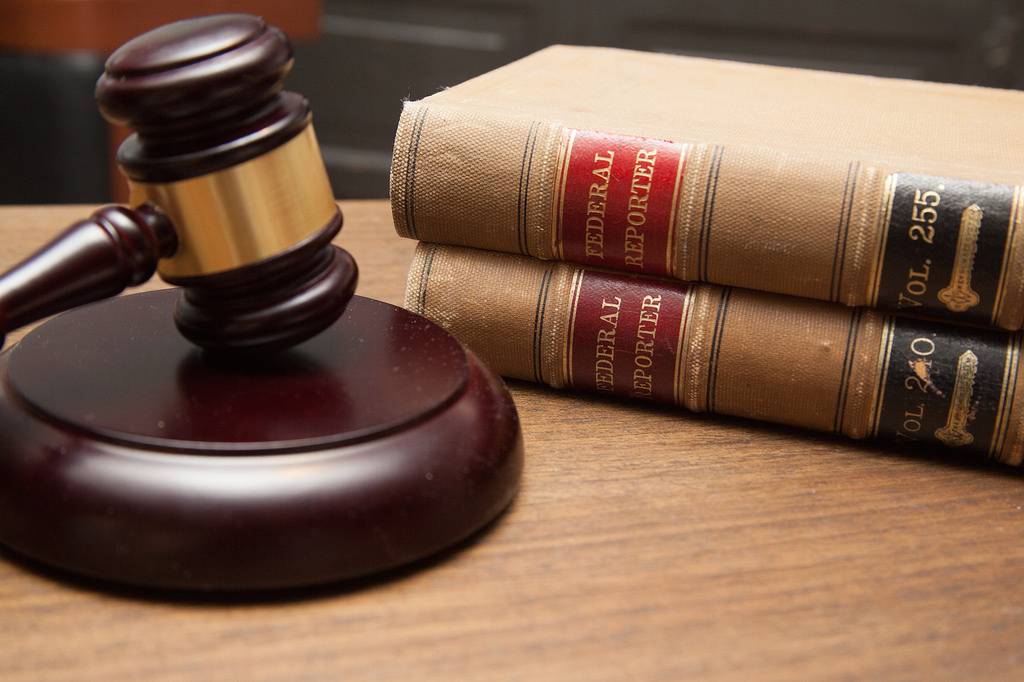 AI
AI
 AI
AI
 AI
AI
A U.S. District judge in California Monday trimmed down a lawsuit filed by three artists against three generative artificial intelligence image providers in January — Stability AI Ltd., Defiant Art Inc. and Midjourney Inc. — who claimed the companies infringed on their copyrights by using their artwork to train their systems.
Judge William Orrick found in the ruling that copyright infringement claims against Midjourney and DeviantArt by plaintiffs Kelly McKernan, Karla Ortiz and Sarah Andersen were “defective in numerous respects” and cannot sustain themselves. With his decision he granted the two defendants their motion to dismiss.
Although he dismissed the lawsuits against Midjourney and DeviantArt, he allowed a single direct infringement complaint against Stability AI to proceed.
According to the original complaint, the artists claimed that the companies were using the plaintiffs’ copyrighted images to train Stability AI’s Stable Diffusion, a text-to-image AI generator, without getting their consent to use their work.
Image-generating AI systems need a vast number of images and artwork to train on in order to produce realistic and creative images. When prompted with a text description, the AI’s models will combine and synthesize the styles and components of the images it has been trained on to create a new image that matches the description. For example, a user could ask for, “A dog wearing a space suit running with a kite on the moon,” and the system would produce an equally imaginary image that would pull from the AI’s training set.
According to Orrick, two of the plaintiff artists, McKernan and Ortiz, failed to copyright any of their works, meaning that they didn’t have sufficient grounds to make copyright claims. The judge also asked that they show that the artwork produced appeared substantially similar to their own works for the counts to proceed forward.
Claims against Midjourney and DeviantArt failed because they had nothing no bearing on Stability AI’s process of ingesting and training AI software. For example, DeviantArt, a social media site for artists and their fans to share their artwork, goes through a nonprofit based in Germany called LAION to gather internet media that is completely unrelated to Stability AI. In the case of Midjourney, it is itself a generative AI provider and doesn’t use Stability AI’s system whatsoever.
The lawsuit’s only surviving copyright count was the allegation by illustrator Sarah Andersen that Stability AI had violated direct copyright infringement. Other allegations included that the company also violated the Digital Millennium Copyright Act, or DMCA, the artists’ right of publicity and the platform’s terms of service. The judge said in the ruling that the case might have merit on those grounds.
“Plaintiffs have adequately alleged direct infringement based on the allegations that Stability ‘downloaded or otherwise acquired copies of billions of copyrighted images without permission to create Stable Diffusion,’ and used those images to train Stable Diffusion and caused those images to be stored at and incorporated into Stable Diffusion as compressed copies,” Orrick said.
With the ruling, the judge added that the plaintiffs will have a chance to amend their complaint.
This lawsuit represents one of an ongoing trend of growing copyright cases against AI developers. Getty Images Holdings Inc. is also currently engaged in a lawsuit against Stability AI for allegedly using its stock photos to train its AI systems. In July, comedian and author Sarah Silverman joined two other authors in suing ChatGPT developer OpenAI LP and Mark Zuckerberg’s Meta Platforms Inc., claiming that the companies used copyrighted materials from their books when training their artificial intelligence chatbots.
On the music front, Universal Music Group filed a lawsuit against the AI startup Anthropic earlier this month for allegedly violating copyright by ingesting song lyrics in the training of its Claude chatbot. By doing so, it allows Claude to reproduce songs and poetry on demand similar to or exactly like those of UMG artists, the group’s lawyers claimed.
“By refusing to license the content it is copying and distributing, Anthropic is depriving publishers and their songwriters of control over their copyrighted works and the hard-earned benefits of their creative endeavors,” the UMG lawyers wrote in the complaint.
Support our mission to keep content open and free by engaging with theCUBE community. Join theCUBE’s Alumni Trust Network, where technology leaders connect, share intelligence and create opportunities.
Founded by tech visionaries John Furrier and Dave Vellante, SiliconANGLE Media has built a dynamic ecosystem of industry-leading digital media brands that reach 15+ million elite tech professionals. Our new proprietary theCUBE AI Video Cloud is breaking ground in audience interaction, leveraging theCUBEai.com neural network to help technology companies make data-driven decisions and stay at the forefront of industry conversations.